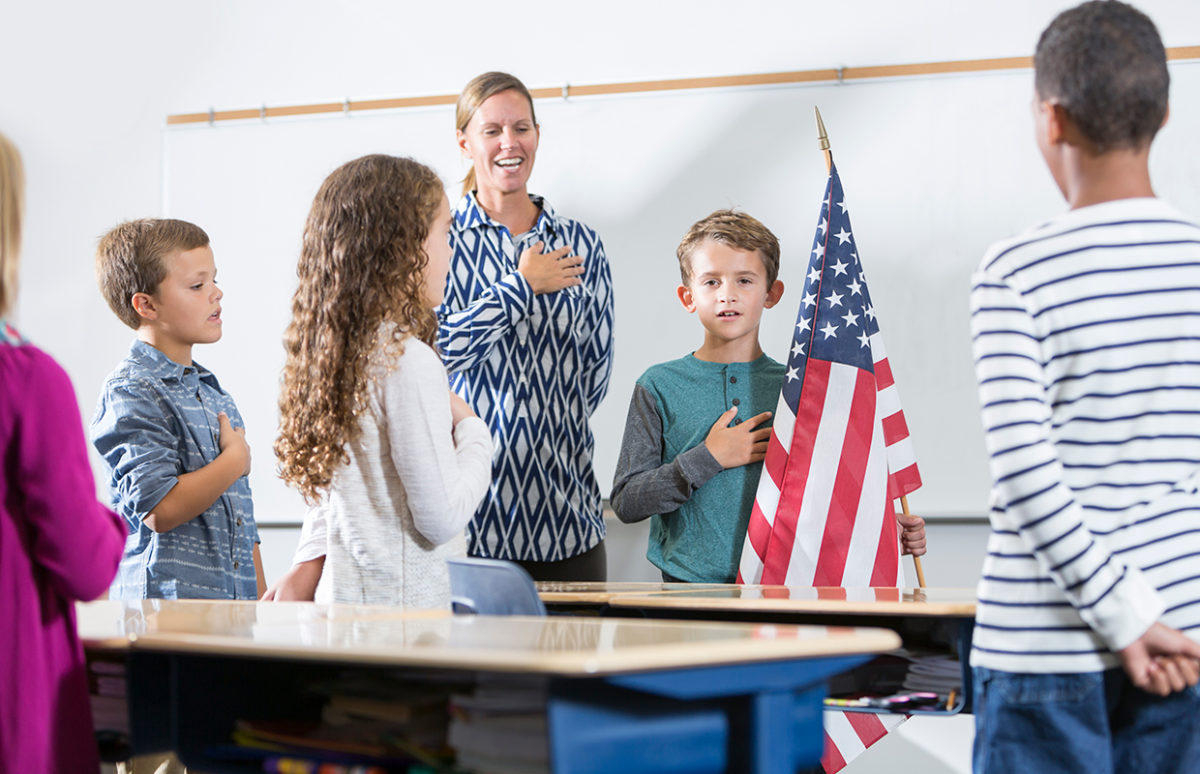
Get ahead for the new school year! This A2+-level article can be used in parallel with the warm-up activities implemented at the beginning of the school year, as it deals with the Pledge of Allegiance in every school in the U.S.A, as a daily patriotic ritual, as well as recent protests against the national anthem at … Continue reading “Protesting for Change”
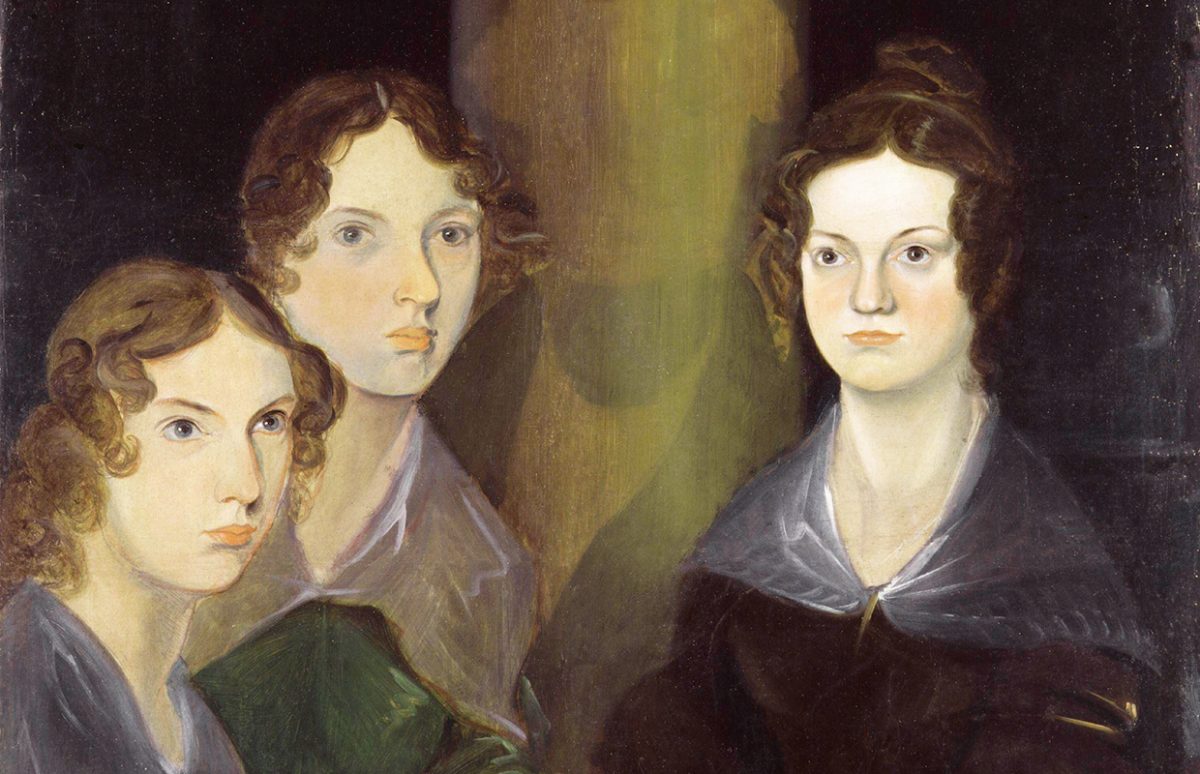
The three Brontë sisters lived short, isolated lives in early nineteenth century England, but they produced some outstanding novels, in particular Jane Eyre and Wuthering Heights. The bicentenaries of their births are being celebrated from 2016 to 2020. To find out more about the Brontës, visit the Brontë Society site, which has information about each … Continue reading “Brontë Family Webpicks”

The Incredibles, super-hero family, are back on cinema screens on 4 July. This A1+ downloadable resource gives plenty of opportunities to work on modals, and vocabulary around family members and family life. Vocabulary family members qualifying adjectives the body sense verbs action verbs Grammar simple present and simple past modal CAN present BE + V-ING … Continue reading “The Incredibles 2”
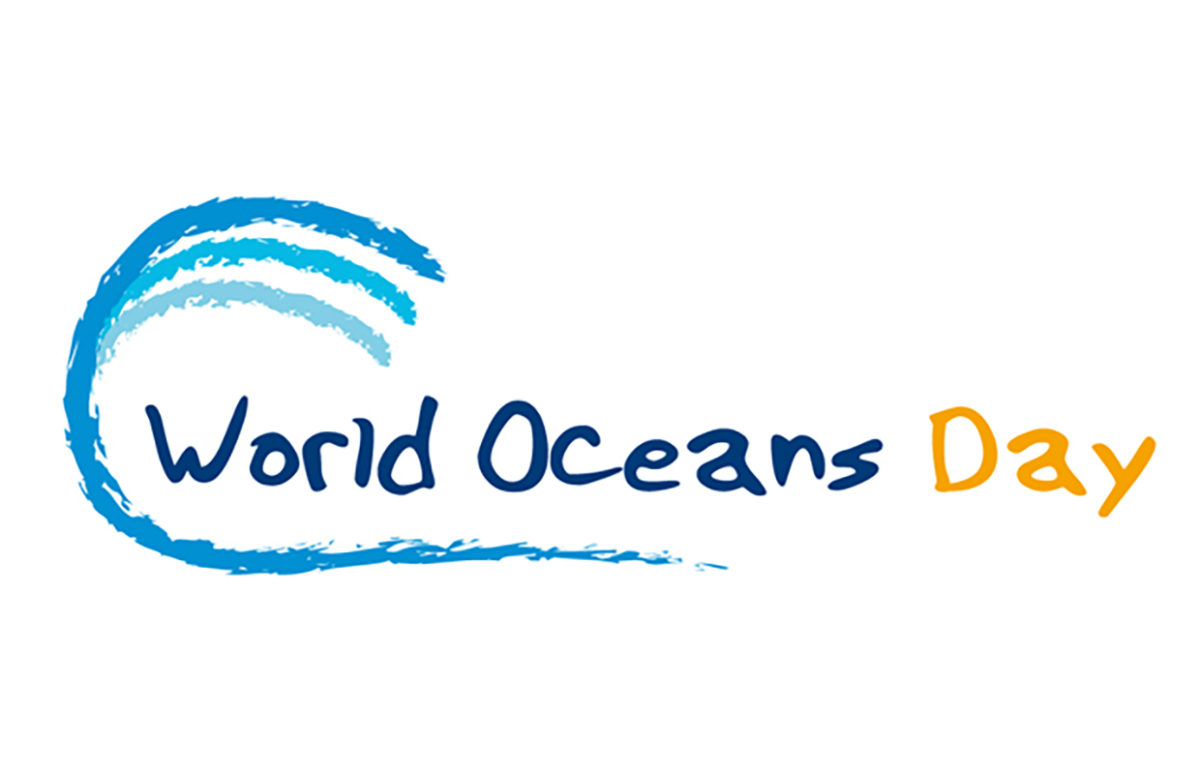
The theme of World Oceans Day, 8 June, is the problems caused in the oceans by plastic pollution, a subject which is very much in the news at the moment. There are some great videos and teaching resources on this topic. And more to do in Plastic-Free July. This wordless video, “How will you celebrate … Continue reading “Fight Plastic Pollution”
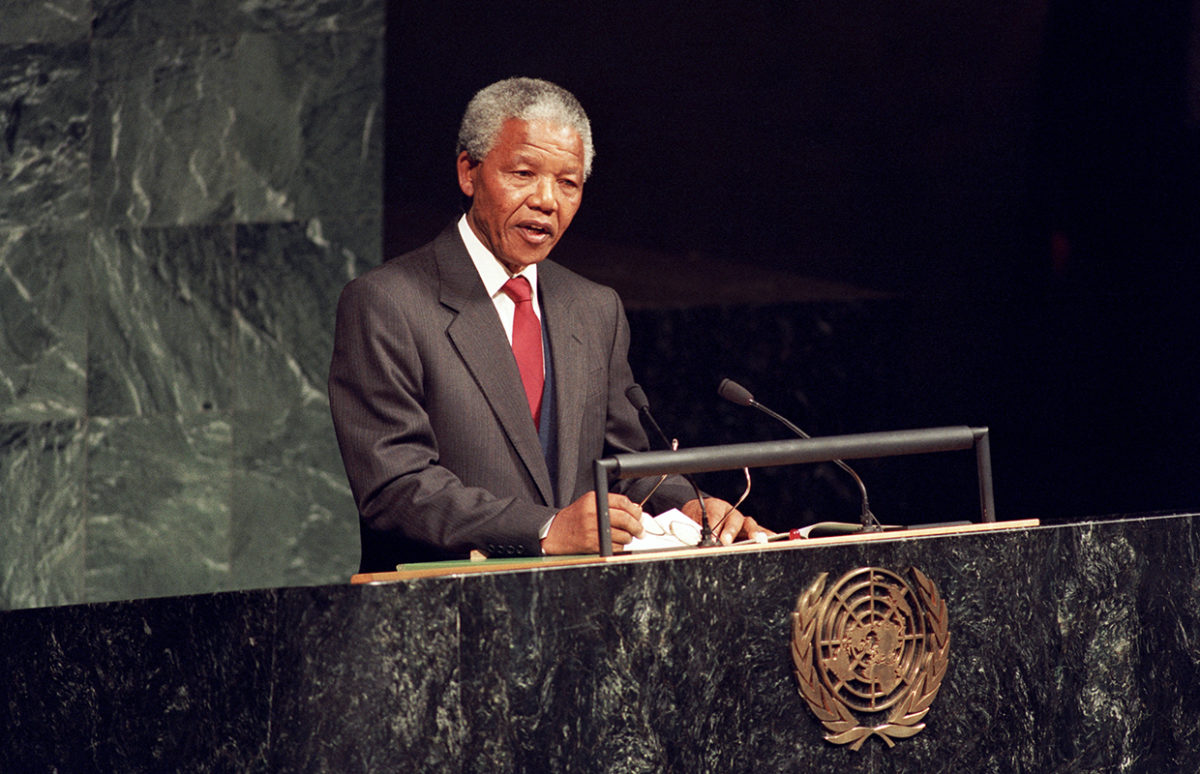
This year marks the centenary of Nelson Mandela’s birth, on 18 July 1918. Our Biobox video quiz will allow you to familiarise your students with Mandela’s life from A2 level. And in this B1 article your students will learn about Mandela and his part in the abolition of apartheid and the building of a democratic … Continue reading “Nelson Mandela”
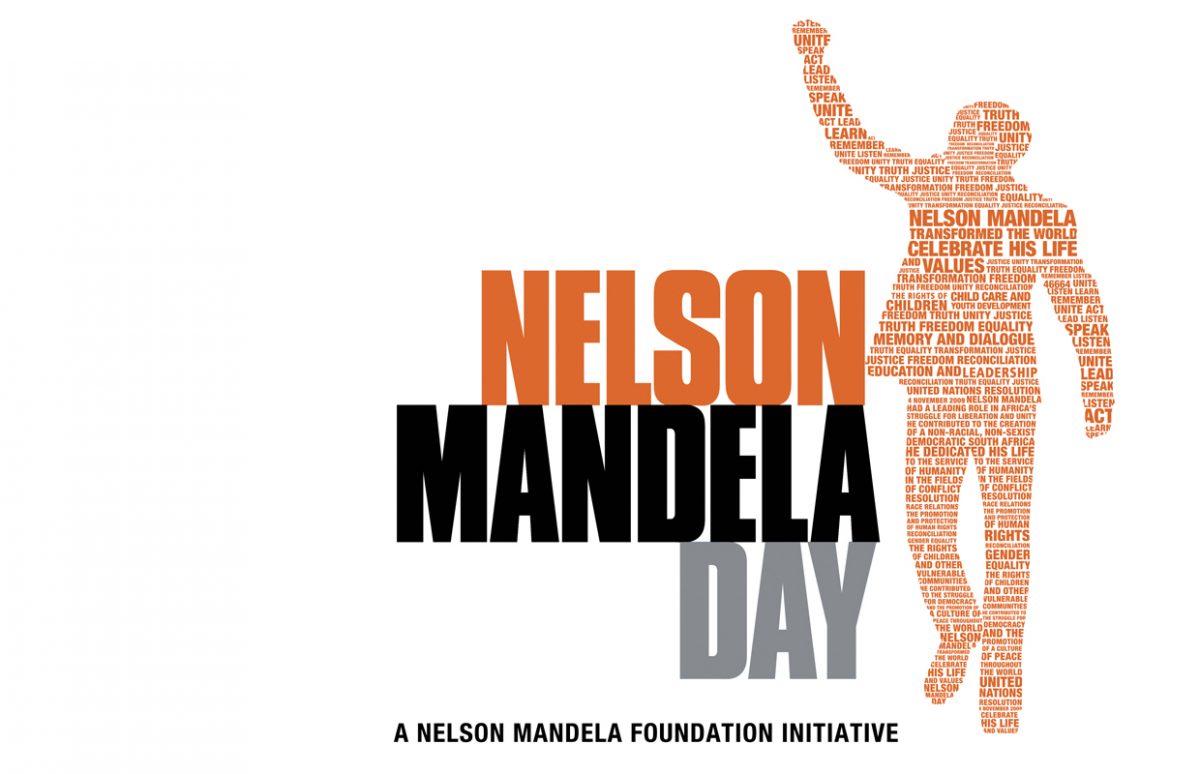
Mandela Day, 18 July, is a United Nations International Day in honour of Nelson Mandela. The date is his birthday, and 2018 marks the centenary of his birth. As well as our Ready to Use Resource and BioBox quiz, here are some online resources for classroom use about Mandela Day. Our downloadable BioBox quiz is … Continue reading “Mandela Day Digital Resources”
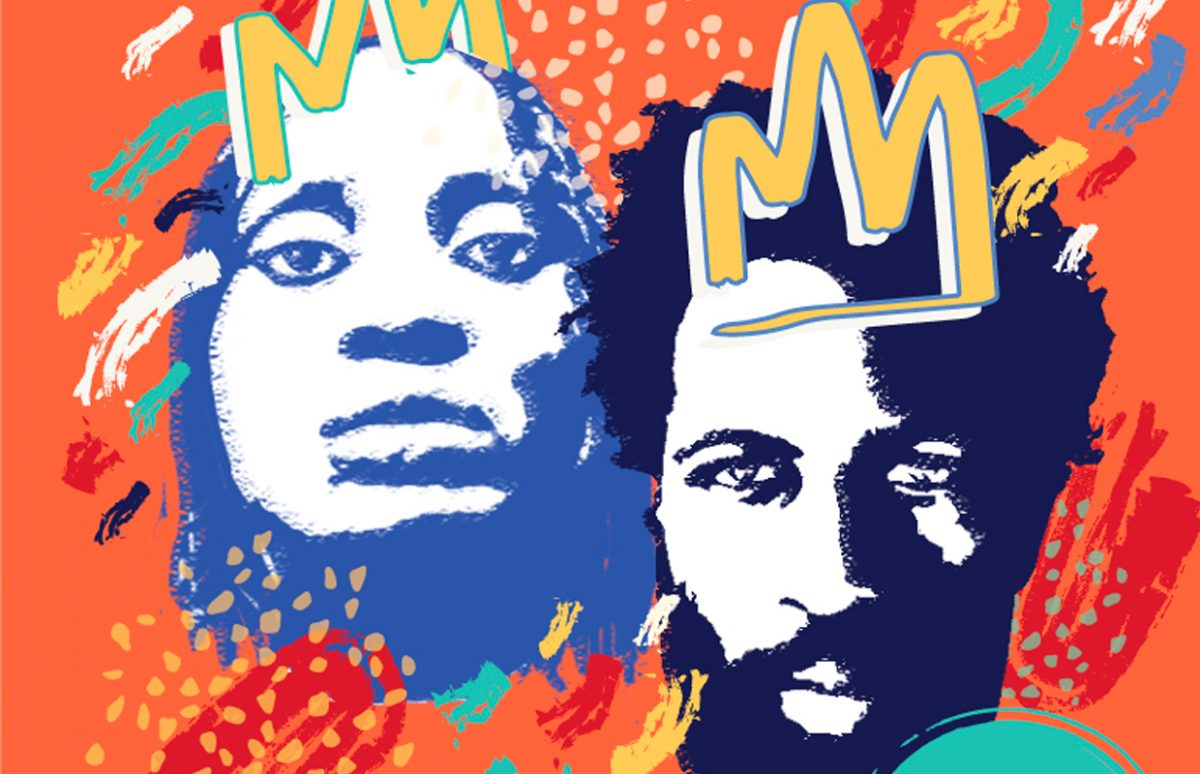
Juneteenth is an American celebration marking the end of slavery, when news of the Emancipation Proclamation finally reached the last U.S. state, Texas on June 19, 1865. Read more about the history and traditions of Juneteenth in our article. If you would like to introduce your pupils to the event, these resources will help you. … Continue reading “Juneteenth Webpicks”

There are lots of interesting online resources on Mary Shelley and Frankenstein to help you celebrate the 200th anniversary of the publication of her iconic novel. Here’s a selection. Why not start a sequence on Frankenstein with our downloadable “Who Am I?” quiz about Frankenstein’s monster? (Right-click once the link opens and choose “Save As” … Continue reading “Frankenstein Online”
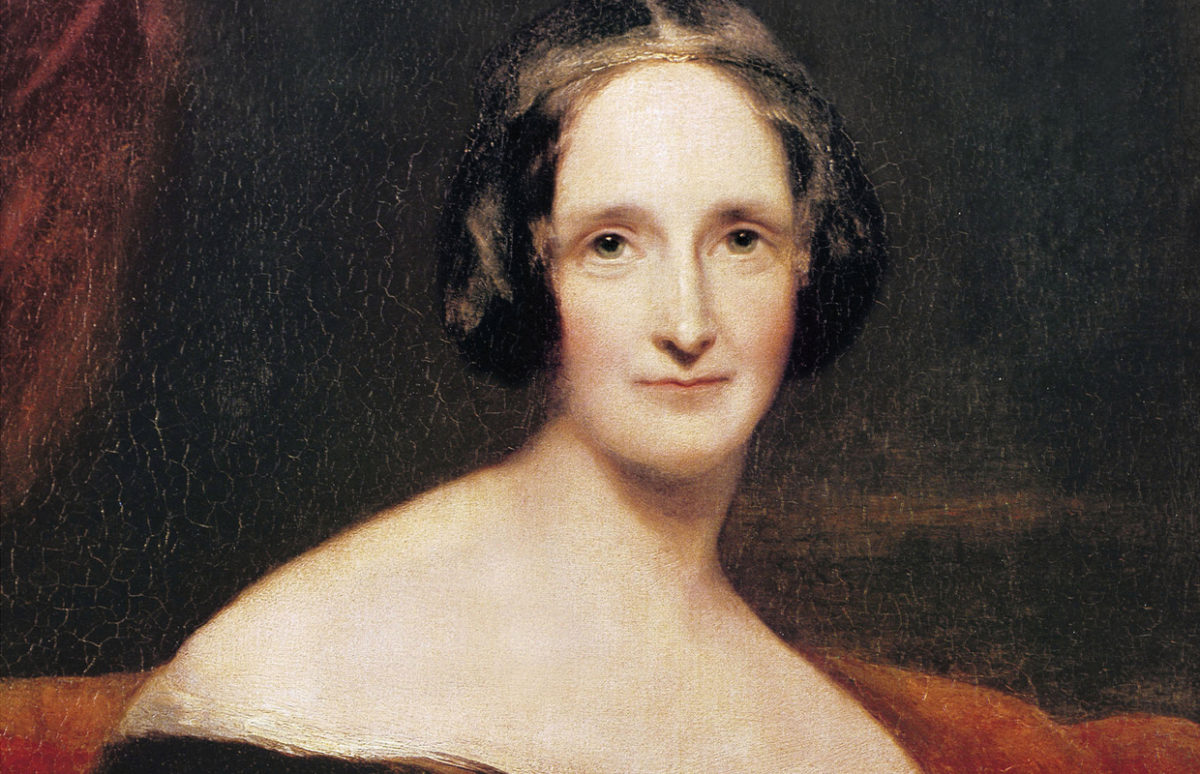
2018 marks the two hundredth anniversary of the publication of Frankenstein, a novel which has gone on to occupy a unique place in the collective imagination. In this A2+ article, your pupils will discover Mary Shelley, the teenage author who lived an exceptional life. These documents about Mary Shelley could be part of a larger … Continue reading “Mother of Frankenstein”

In this A2 article your students will learn about Prince Harry and his future wife in relation to their jobs as members of the Royal Family, as well as about their wedding, which will be celebrated on 19 May. The second part of the article introduces charities, always a source of interest for students. Vocabulary … Continue reading “Royal Wedding”














